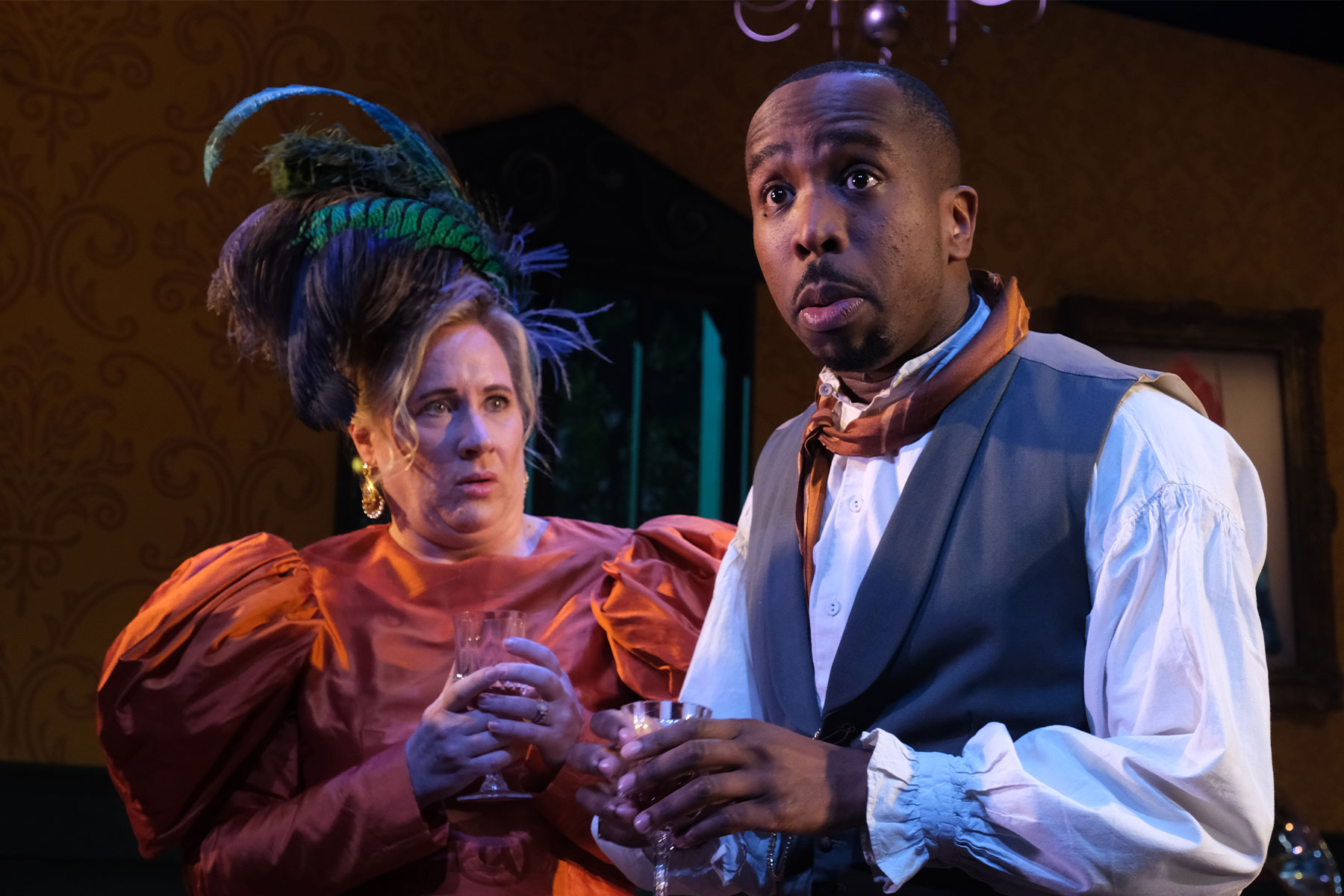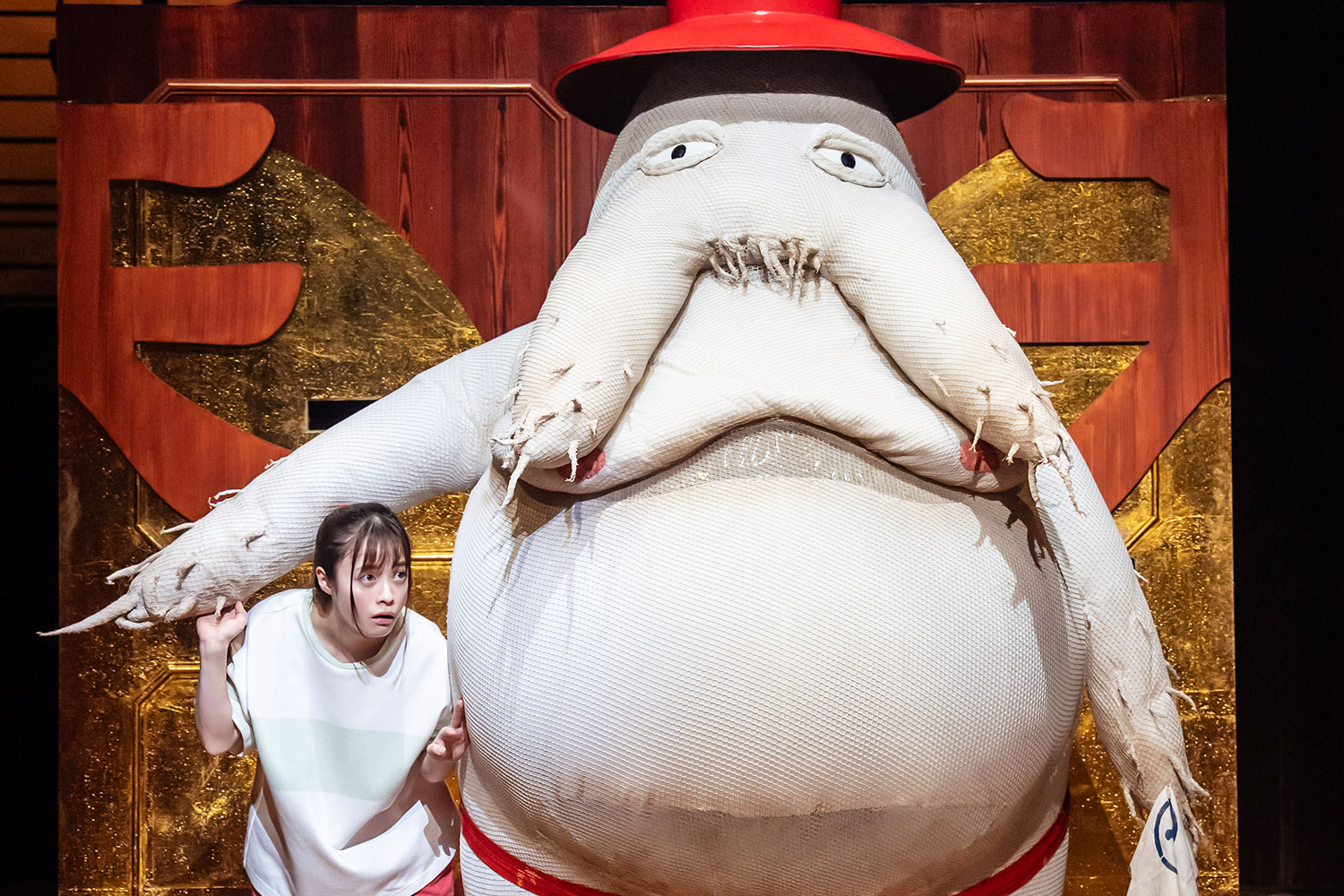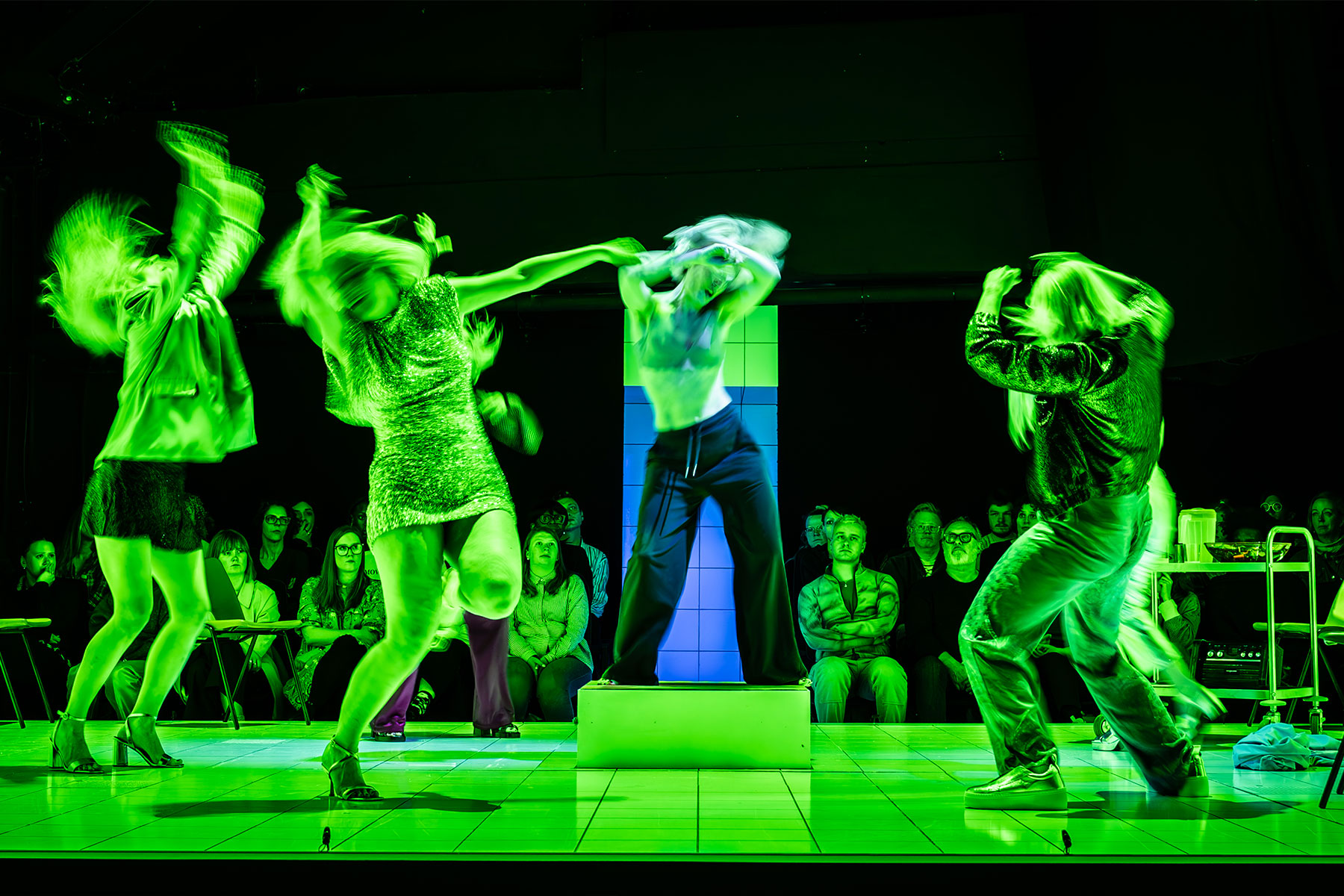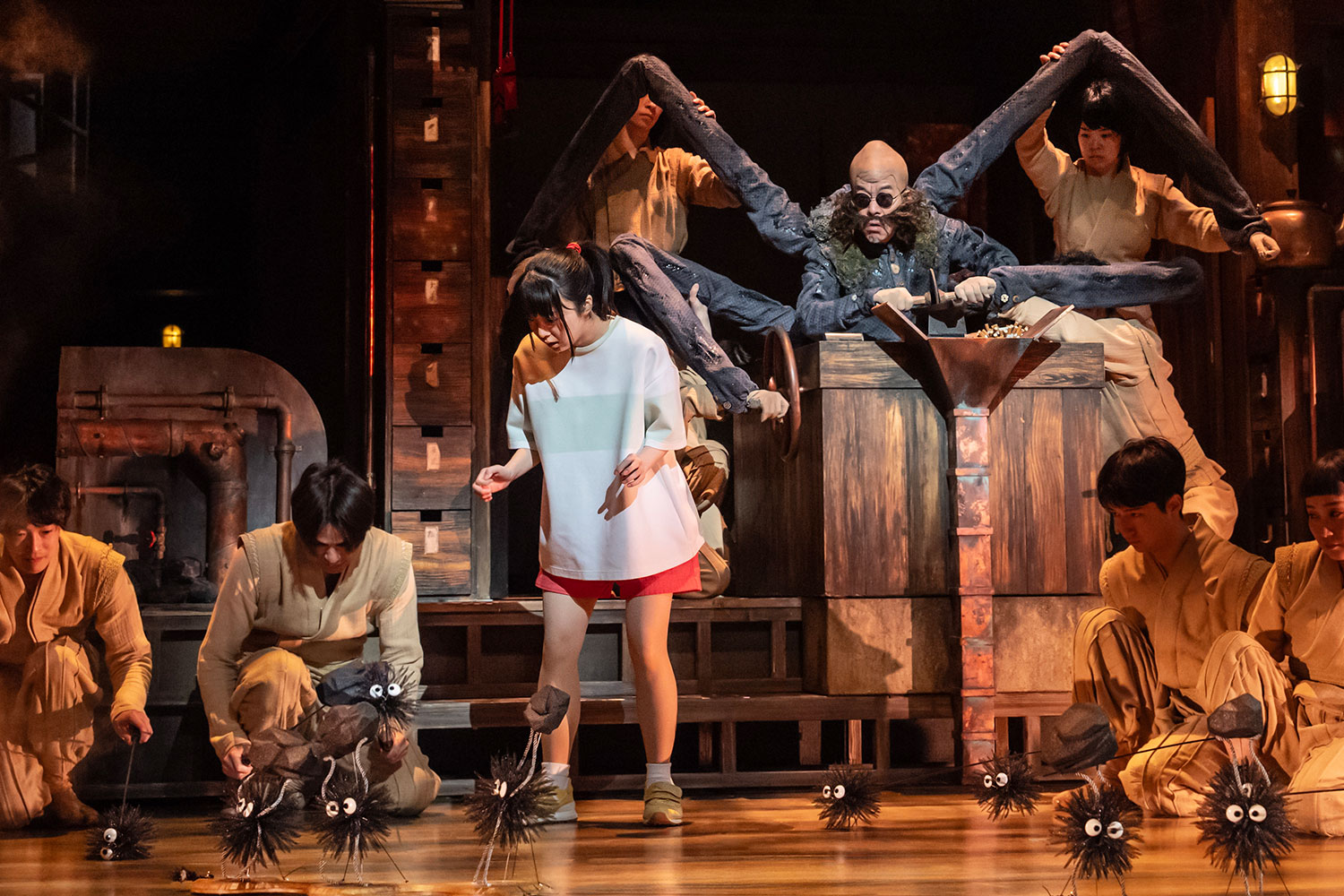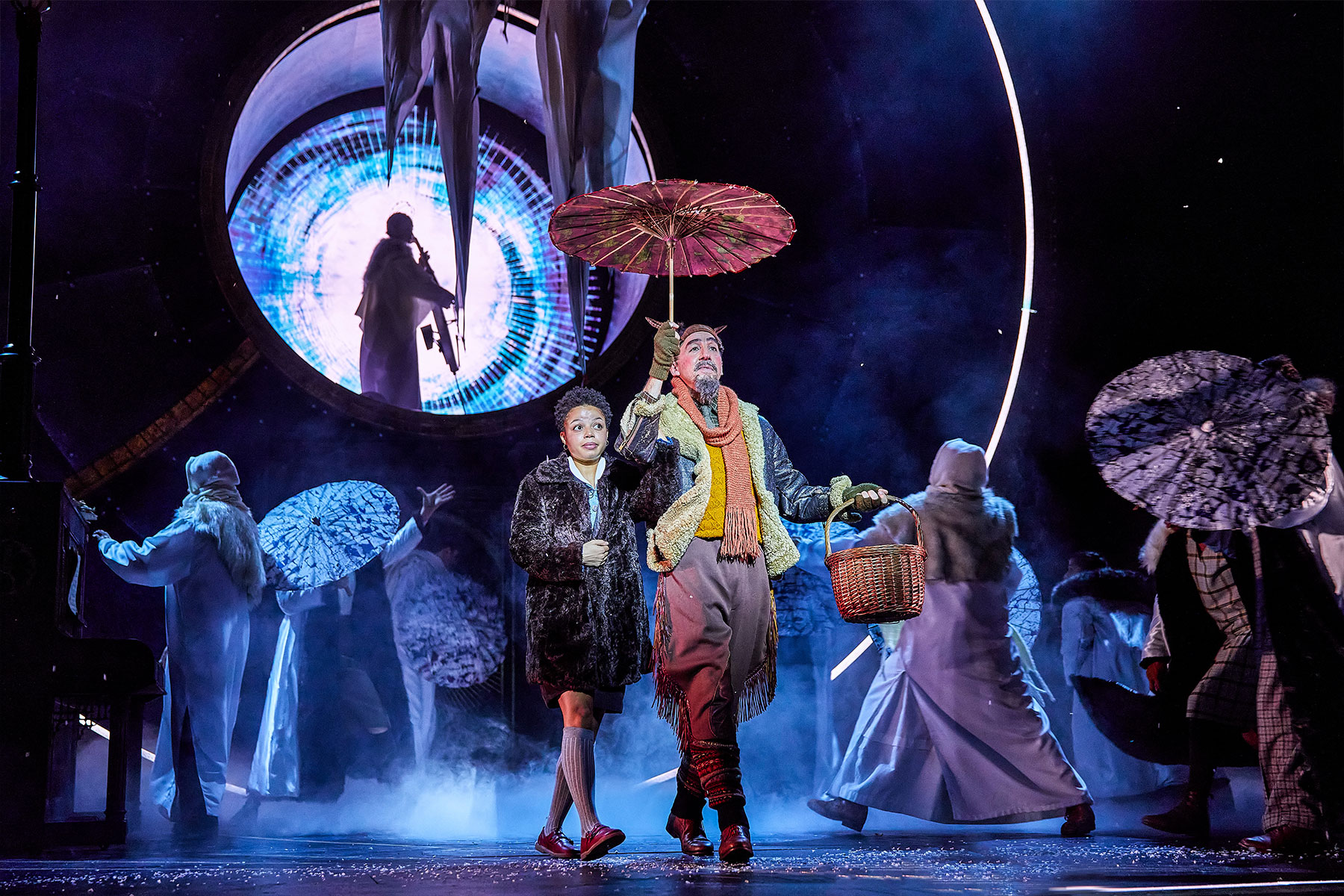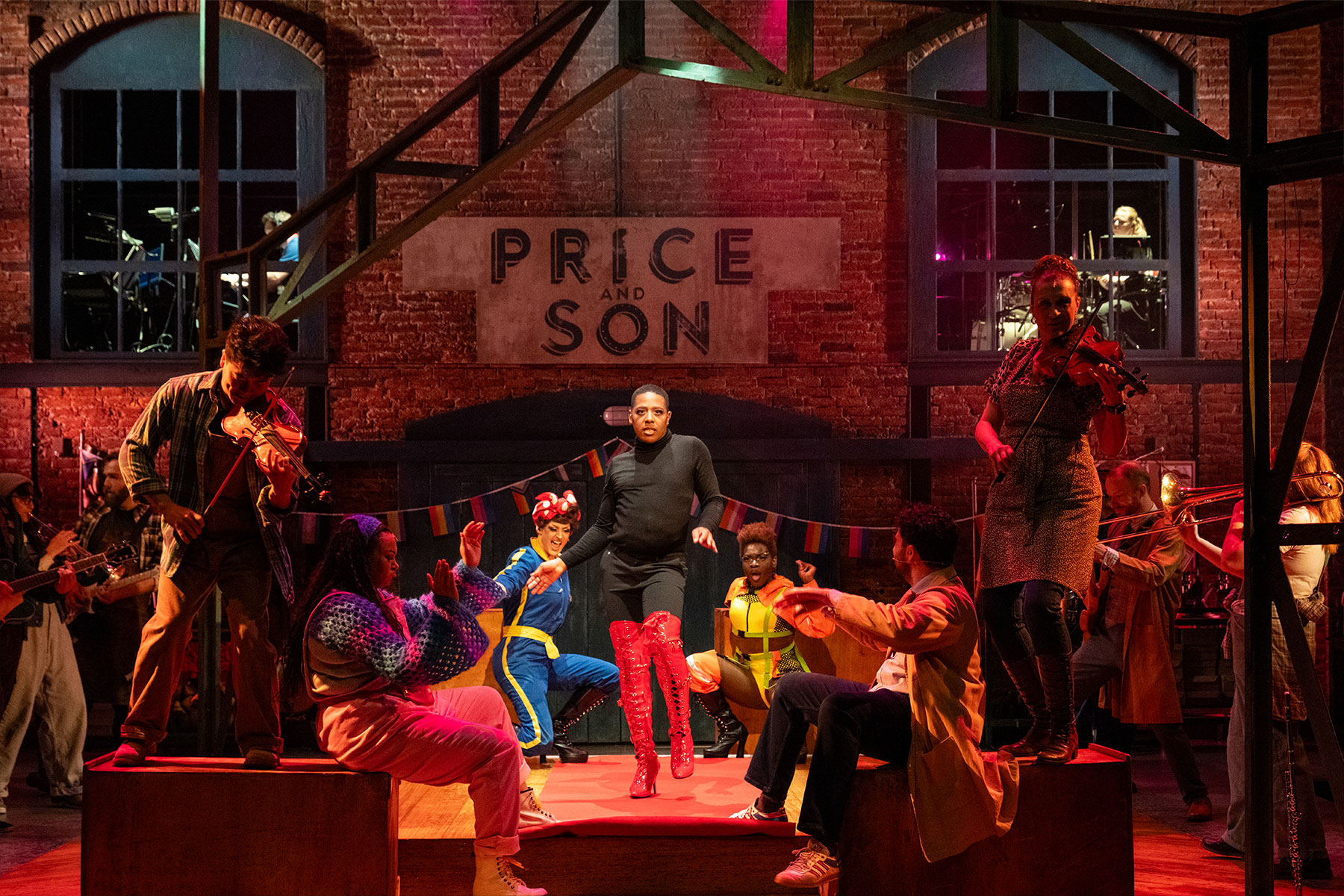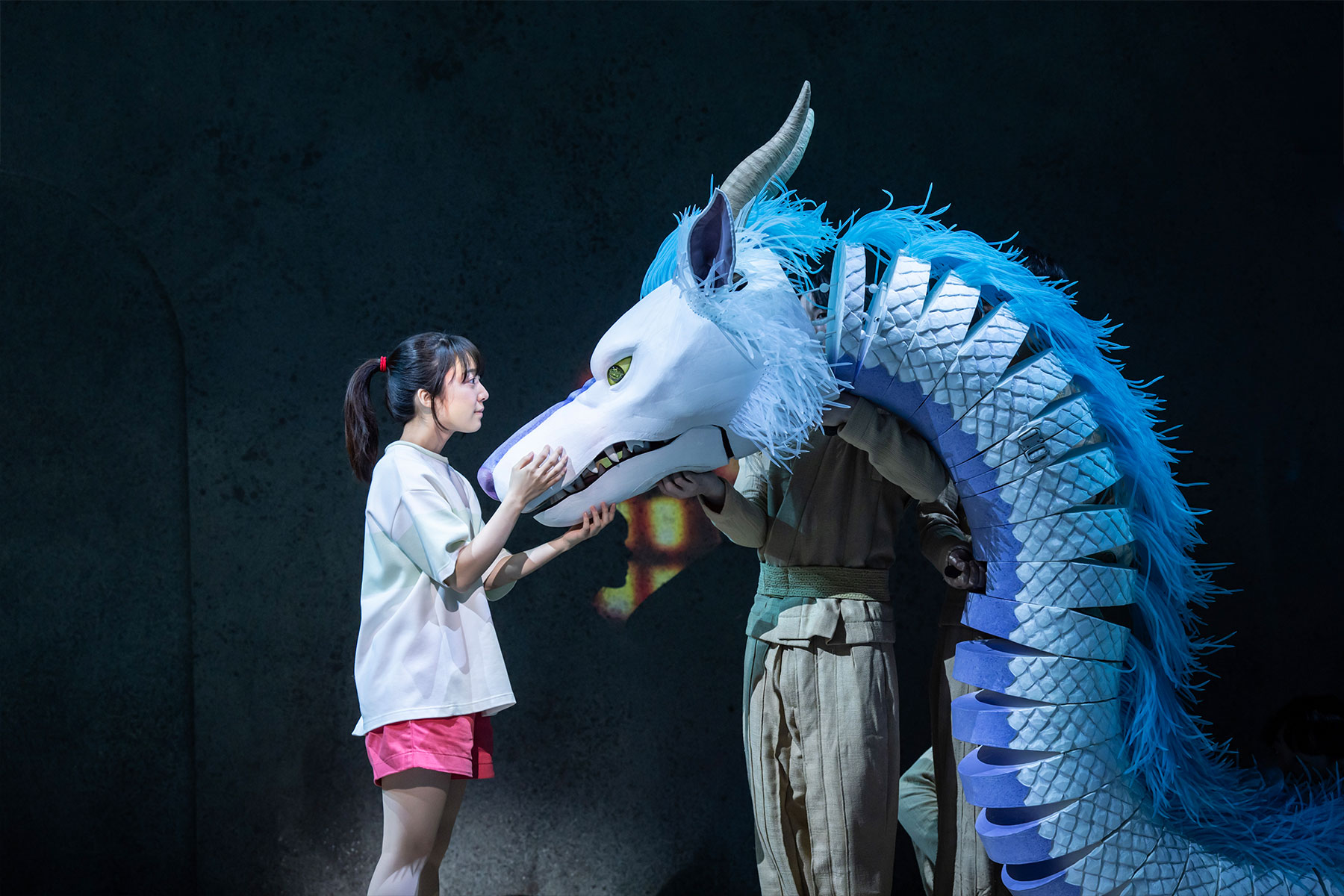”The P Word” at the Bush Theatre – review
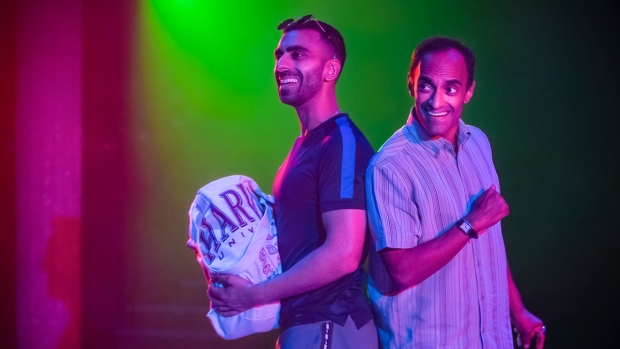
© Craig Fuller
New to the UK and locked in an interminable wait as he appeals his refusal of asylum, Zafar does mostly nothing with his days because that’s all he’s allowed to do. When he meets Bilal (self-styled as ‘Billy’), a lonely Grindr devotee who scorns his fellow Pakistani men, the two set about saving each other without realising it. Not just from the pressures of the cruelly homophobic hostile environment policy but from cynicism, from shutting yourself off from possibility.
Waleed Akhtar’s duologue puts gay Pakistani men in Britain in the spotlight, and we’re snagged by the charm of the pairing of Bilal, played by Akhtar himself, and Esh Alladi’s Zafar. Much of the gentle comedy comes from the culture and perspective clash as Bilal introduces Zafar to life in London, and Zafar opens Bilal back up to his culture and to human connection (via a healthy dose of Pakistani dramas).
Their unlikely friendship is mutually transformative, an unexpected lifeline: while Zafar isn’t allowed visitors in his temporary accommodation, and mourns a love violently torn from him in Pakistan by his own father, Bilal’s loneliness is perhaps the more strikingly unfamiliar. His behaviour is masochistic and sneering, scorning softness and femininity despite working in fashion. He chases white boys who he resents exclusively, and is stumped that no boyfriend appears for him. He has even fewer friends than Zafar.
As Zafar, Alladi is lit by a confidence and certainty – he’s known love and knows who he is. He’s earnest and wide-eyed, strong even in his too-long jeans, able to serve some much-appreciated comeuppance to Bilal. Akhtar’s Bilal is all over the shop by contrast, punishing himself by push-ups, adopting a hoarse affect when imitating the “masc4masc” gays he tries to place himself in the running with.
The script feels slightly unfocused, prone to overreaching: there are points which tantalise, at which the two argue on the credibility of gay asylum seekers, or homophobia as a colonial inheritance. You want to know how they came to these opinions, to allow us deeper into them as fully-realised characters, but there doesn’t seem to be time. There’s an end that gestures out beyond this story towards the even grimmer reality of deported asylum seekers which feels a little needlessly defensive, only as it’s so unfortunately rushed.
Anthony Simpson-Pike’s direction, at first, has the two cleanly separated from each other on separate semi-circle sides of Max Johns’ revolving set, emblazoned with a pink phulkari design. The production doesn’t quite make the full, nimble and interesting use of this revolve. For the most part, it feels a bit stiff – a snappier energy only emerging when the actors are at their most agile. Little is left to subtext, but it’s the warm and tense scenes in which the two directly interact, rather than the opening scenes juxtaposing their experiences in parallel, which draw us in and hold us.
Xana’s sound design and Niraj Chag’s original composition for the production thrums and grows more hummy and buzzy as things begin to go wrong for Zafar’s status in the country, and becomes appropriately, rosily Bollywood when it needs to, for a kiss. A great kiss, worthy of cheering, in a play that’s ultimately rousing if slightly hurried.



